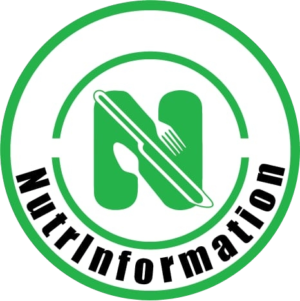Proteins: The body builder
Let’s have a look at Proteins which are the building blocks of the body.
When we talk about building blocks, we are talking about foods that help you build the physical materials of the body. Proteins help your body in making new cells and repairing the damaged ones.
Composition of Proteins
Proteins are made up of components called amino acids. Unlike carbohydrates and fats, these are not stored in the body. It is therefore very important to regularly consume proteins in your diet since your body does not have a reservoir to draw from when it needs supplies.
Not all protein sources are equal. We have complete and incomplete proteins. Those that provide all the nine essential amino acids (those we must get from the diet) are called complete proteins and include meats, seafood, poultry, eggs, and dairy products. Plant based protein sources are generally incomplete protein sources since they may be missing one or more essential amino acids. But don’t be so quick to throw them out! Although they may be incomplete, they have other health benefits that make them very essential to a healthy diet. Soy, quinoa and buckwheat are complete plant protein sources.
Dietary requirement
How much protein is sufficient?
The amount of proteins you eat per day should be guided by the amount of calories required by your body based on your metabolic rate and level of physical activity. Proteins should account for 12-20% of your calorie needs. Since 1 gram of protein provides 4 calories, you can estimate the amount of protein you need per day and distribute that across the meals you eat per day.
For example, a healthy male adult requires 2500 calories /day. Protein should provide 300-500 calories. Since 1 gram of protein is equivalent to 4 calories then you will need 75-125g of protein per day.
The portions for every meal don’t need to be equal but ensure that you consume the amount of protein you need by the end of the day.
Proteins and Weight loss
Adopting a High protein low carbohydrate diet has been shown to have short term benefits as far as weight loss is concerned. This kind of diet results in great fat loss as it shifts your metabolism to a state called ketosis. This is when your body gets energy from fat instead of glucose resulting in high levels of ketones in your blood. This state of ketosis also occurs in diabetics and suppresses appetite causing people to eat less and feel full for long.
However, in the long term, eating more proteins than your body requires has been shown to have more negative effects than benefits. Digestion of proteins results in production of ammonia, high levels of ammonia results in increased acid in the body. The body therefore releases calcium from its stores to neutralise the acidity and consequently the calcium is excreted in urine. This may put you at risk of having weak and brittle bones.
High protein low carbohydrate diet is therefore not beneficial in the long run. It is therefore advisable that you adopt other weight loss goals like reducing your calorie intake, working out, eating healthy foods.

